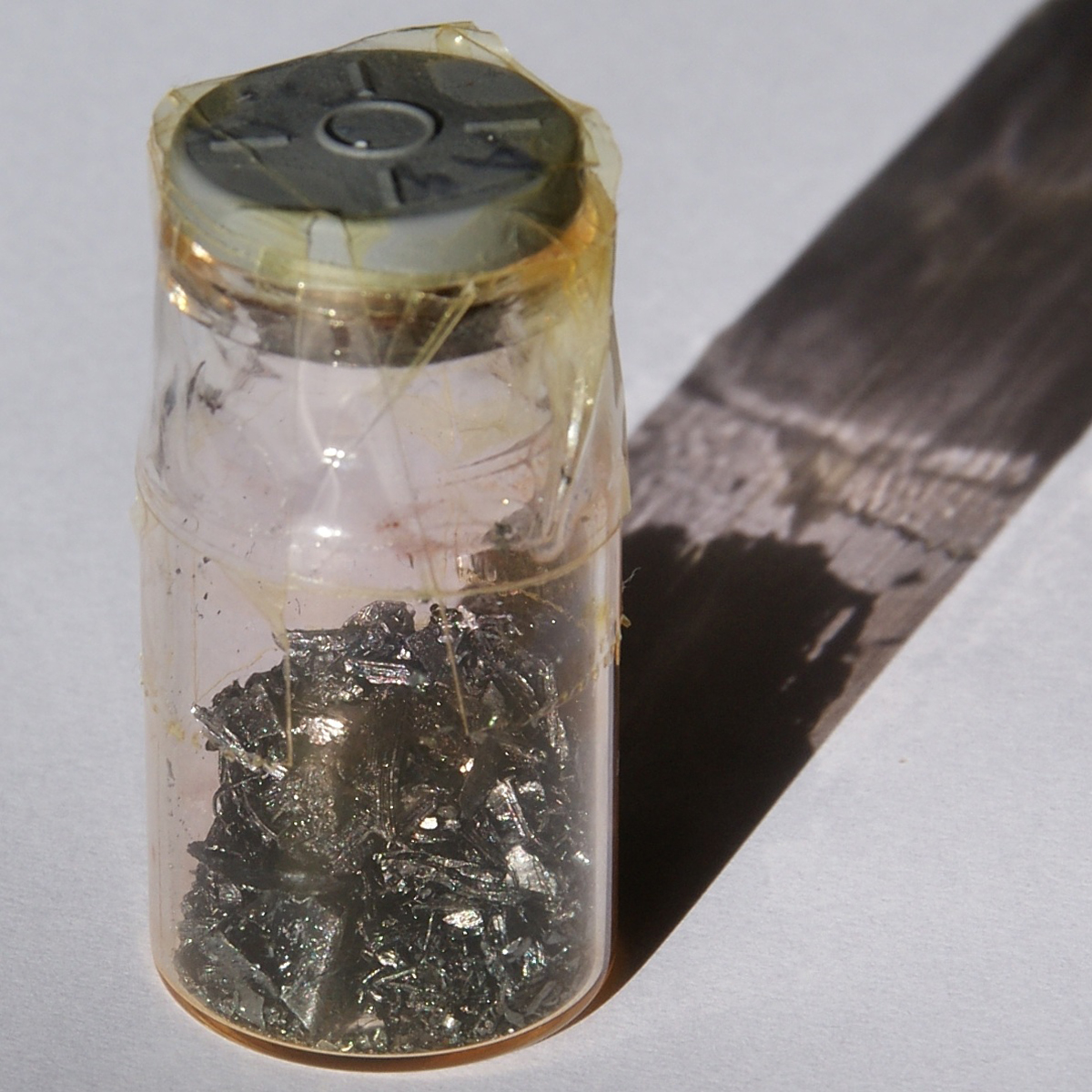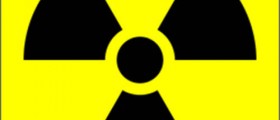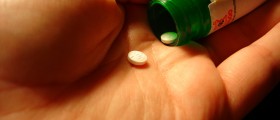
Radioactive iodine is used in medicine and it may treat certain medical conditions. I-131 and I-132 are two forms of radioactive iodine used in humans. They both successfully discharge gamma rays and these rays may penetrate deep into tissues and cross long distances and this is why once radioactive iodine has been applied the rays can be easily detected outside the body.
Radioactive iodine is generally used in certain conditions of the thyroid gland. It is applied in case of hyperthyroidism and it is also administered in people suffering from certain types of thyroid cancer. For these two purposes doctors use radioactive iodine I-131.
In case of hyperthyroidism radioactive iodine is administered only if medicamentous and surgical treatments fail to provide with desirable effects. Furthermore, I-131 is applied in people suffering from thyroid nodules which produce excessive amount of thyroid hormones. And finally, radioactive iodine is administered in patients suffering from thyroid cancer. It is administered after the thyroid cancer has been surgically removed in order to kill all the remaining cells in the body and prevent recurrence of the disease.
The Effects of Radioactive Iodine Therapy
The thyroid gland normally absorbs all the iodine from the body. Therefore, it will absorb radioactive iodine as well. Once radioactive iodine has been absorbed it reaches thyroid gland and all the thyroid tumor cells in the body and destroys them.
In case of thyroid cancer patients are administered radioactive iodine in a form of capsules that are ingested.
Radioactive iodine does not bond to any other cells in the body besides thyroid cells and this is why it cannot do harm to other body tissues and organs. It is normally excreted from the body within a few weeks.
The only problem with radioactive iodine is that is can be effective only in case of two types of thyroid cancer, papillary and follicular thyroid cancer. It is also effective in case these tumors give metastases. On the other hand, the treatment is not applied in case of medullary and aplastic thyroid cancer since it is totally ineffective.
Side Effects of Radioactive Iodine Therapy
There are several side effects of radioactive iodine therapy and they include dry mouth and a change in taste, swelling of the salivary glands, stomach upset, neck tenderness, sore throat, nausea and vomiting. Fortunately, these side effects are only temporary and withdraw after a few weeks.
Large doses of radioactive iodine may cause male infertility. And in some cases large doses of radioactive iodine may in later life cause the onset of leukemia.
There are certain measures of precaution when it comes to administration of radioactive iodine. Namely, after the drug has been applied a patient emits radiation and this is why it is essential for him/ her to avoid contact with people (particularly children and pregnant women) for certain period of time. Furthermore, acceleration of radioactive iodine elimination from the body can be achieved by drinking a lot of water and other fluids. Laundry of the patients must be washed separately. And finally, a woman must stop breastfeeding during the treatment since radioactive iodine concentrates and is excreted in the breast milk.

















Your thoughts on this
Loading...